In a world full of automation and AI tools, you might wonder if quality assurance is still relevant in sleep study scoring. The simple answer is yes. Quality assurance (QA) is just as critical as ever to protect patients, maintain clinical standards, and help physicians trust the data they use for life-changing decisions.
Sleep Studies Are Complex
Sleep data is full of subtle patterns and borderline events. Even the best technologist or the most advanced algorithm can make occasional mistakes when scoring respiratory events, arousals, or movement patterns. That is why a second set of eyes through an independent QA process can catch errors or inconsistencies before they reach the doctor’s desk.
QA reviewers help ensure consistency in scoring rules, especially when different technologists or multiple labs are involved. This is key to maintaining high-quality, defensible data across your entire practice.
Supporting Clinical Confidence
Physicians rely on scoring results to make treatment decisions, from prescribing CPAP to ordering further testing. When they know a study has passed through a solid QA process, they can have confidence that the data is correct and actionable.
Without QA, a misclassified event or artifact could mislead a diagnosis and ultimately affect a patient’s health.
Building Trust With Patients
Patients deserve accurate information about their sleep disorders. If they are going to wear a CPAP every night or undergo further testing, they should feel certain that the diagnosis is based on reliable, double-checked data. A thorough QA process helps build that trust and supports better outcomes.
The Future of QA
Even as scoring software and AI tools continue to advance, there will always be a place for human-led quality assurance. Combining technology with experienced QA professionals is the best way to protect patients, support clinicians, and ensure the sleep scoring process remains safe, transparent, and accurate.

.png)



